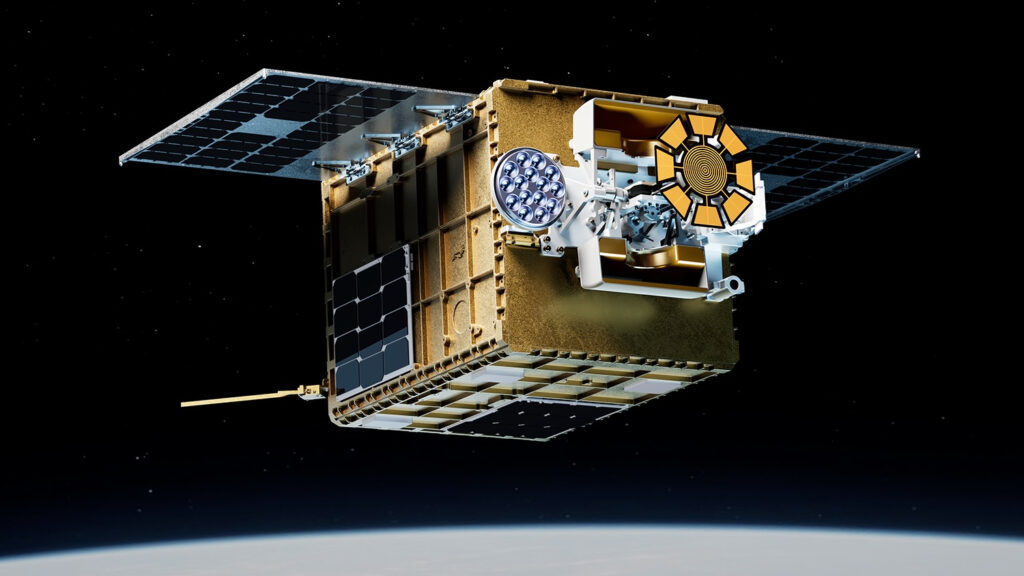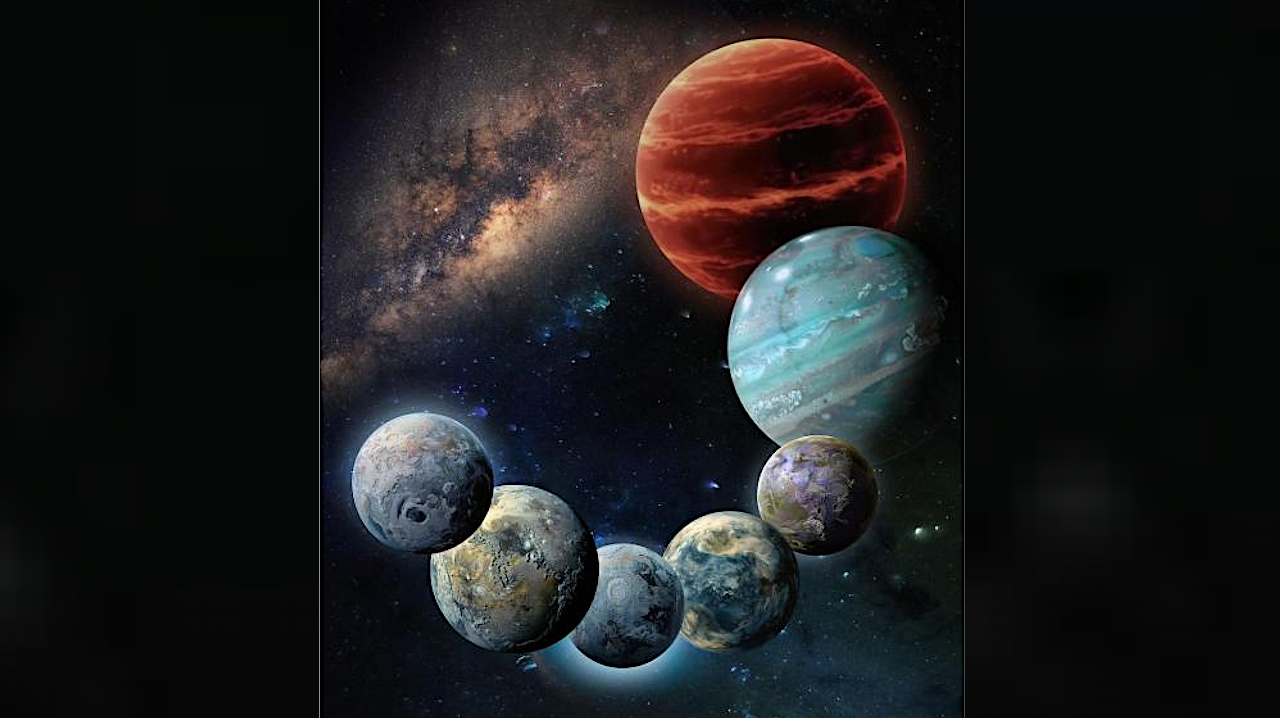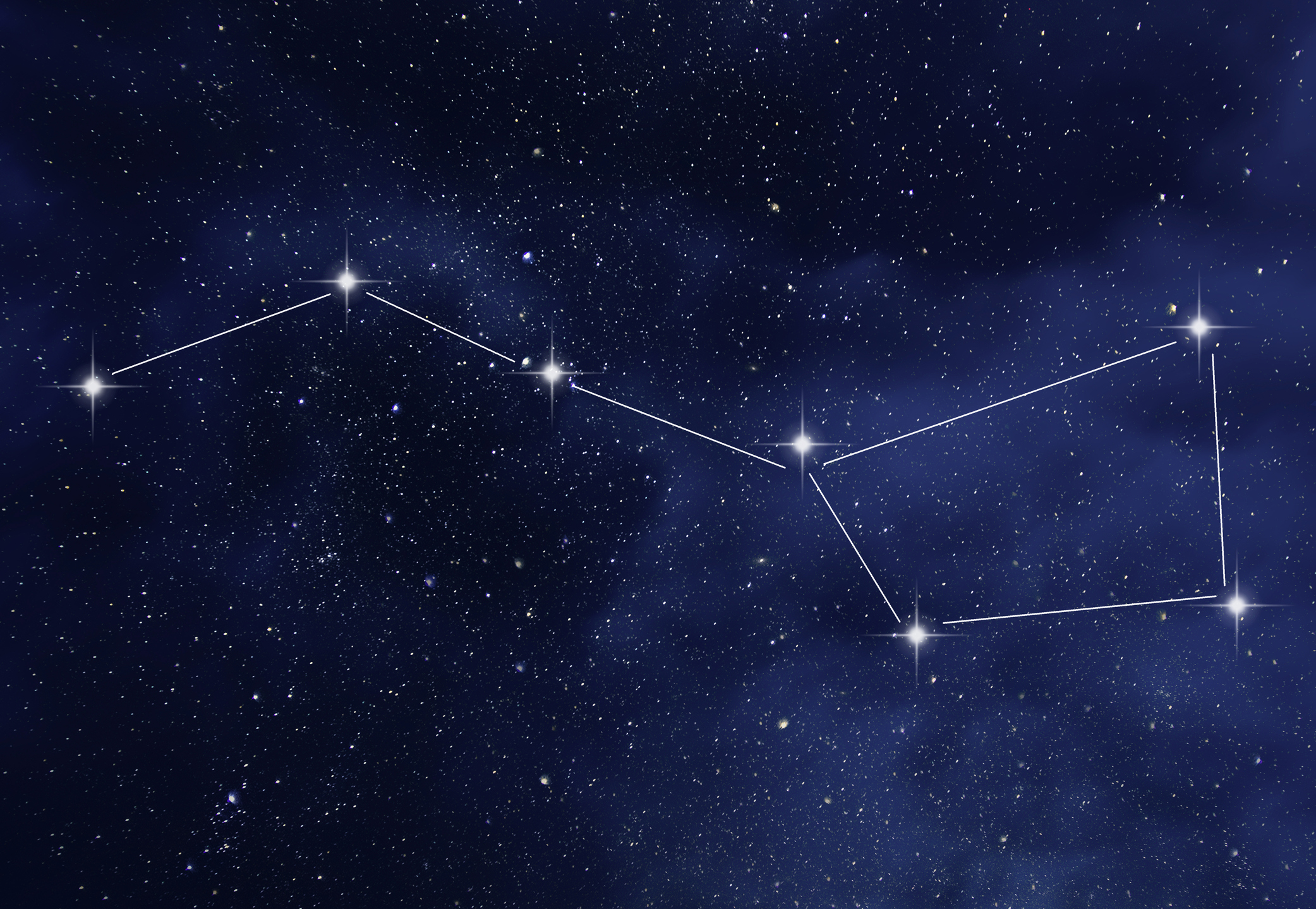Now Reading: Lost in space: Why some meteorites look less ‘shocked’ than others
-
01
Lost in space: Why some meteorites look less ‘shocked’ than others
Lost in space: Why some meteorites look less ‘shocked’ than others
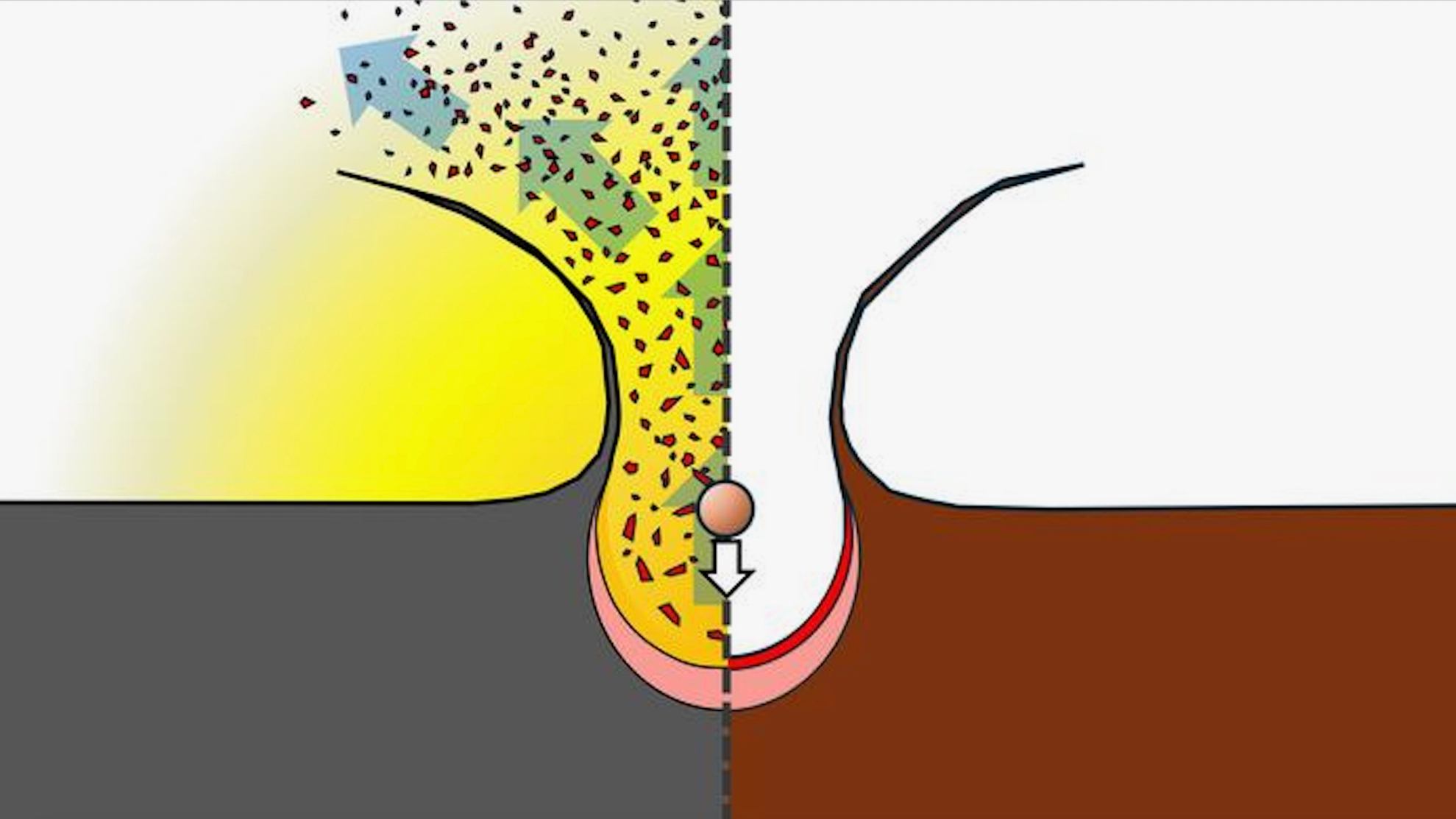
What happens when two carbon-rich space rocks slam into each other?
You’d expect to see clear signs of impact in the ensuing meteorites — but for over 30 years, scientists have puzzled over why meteorites that contain carbon appear less affected by such violent encounters than those that don’t.
Understanding why carbon-rich meteorites appear “less shocked” helps scientists interpret the history and evolution of solar system bodies more accurately. Shock features in meteorites are a sort of forensic evidence — they reveal how often, and how violently, space rocks have collided with each other, and with planetary bodies, over the eons.
If certain materials obscure or erase that evidence, it could skew our understanding of planetary formation, the conditions on early asteroids, or even how life-essential elements, like carbon, were distributed throughout the solar system.
Related: What are meteorites?
To find a solution, Kosuke Kurosawa, an astrophysicist at Kobe University in Japan, turned to an old theory: that asteroid collisions release vapor from water-bearing minerals in the rocks, which then carries the evidence away into space.
“I specialize in impact physics and am interested in how the meteorite material changes in response to impacts, something called ‘shock metamorphism,'” Kurosawa explained in a statement.
“And so, I was very interested in this question,” the researcher added. “I thought the [old theory] was brilliant, but it had problems.”
For one, the original proponents never calculated whether the process would generate enough energy — or water vapor — to actually blast impact evidence into space. And then there’s a bigger issue: some carbon-rich meteorites still appear “less shocked,” despite lacking any water-bearing minerals.
But Kurosawa wasn’t ready to abandon the theory just yet. To investigate how carbon-bearing minerals behave during collisions, his team built a two-stage light gas gun linked to a sample chamber designed to analyze gases released after high-speed collisions.
The design allowed the researchers to isolate and analyze gases from the impact alone, by separating the sample chamber from the gun mechanism — preventing contamination from gases generated during the shot itself.
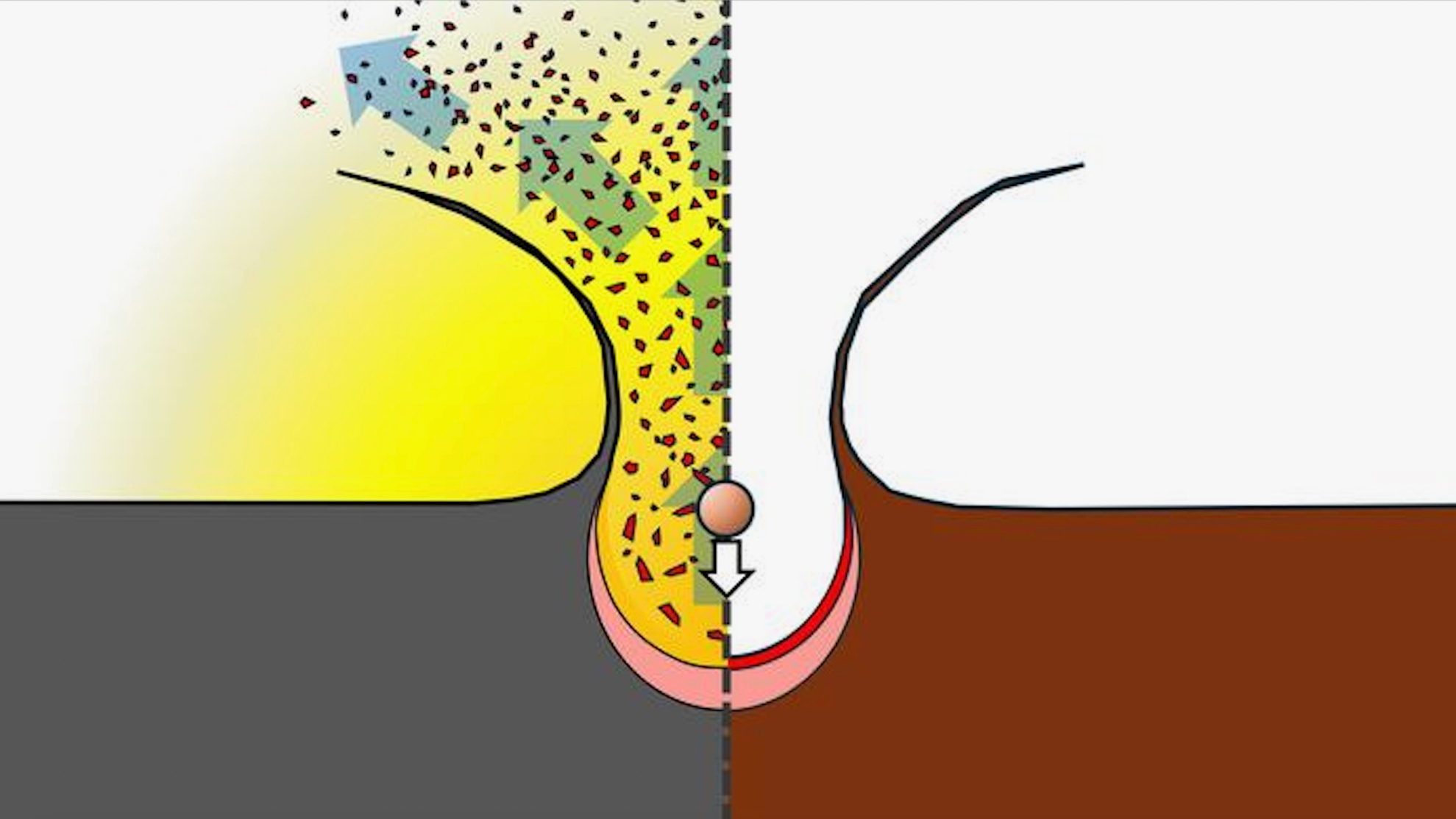
Related stories:
The experiments revealed that impacts by carbon-rich space rocks trigger chemical reactions that generate not water vapor but extremely hot carbon monoxide and carbon dioxide gases.
“We found that the momentum of the ensuing explosion is enough to eject the surrounding highly shocked rock material into space,” Kurosawa said. “Such explosions occur on carbon-rich meteorites, but not on carbon-poor ones.”
Kurosawa believes that, while evidence of such collisions might be difficult to obtain on smaller objects, larger bodies like the dwarf planet Ceres should have enough gravity to to pull the ejected material back to the body’s surface.
“Our results predict that Ceres should have accumulated highly shocked material produced by these impacts, and so we believe that this provides a guideline for planning the next generation of planetary exploration missions,” said Kurosawa.
The new study was published online Thursday (April 24) in the journal Nature Communications.
Stay Informed With the Latest & Most Important News
Previous Post
Next Post
-
 01Two Black Holes Observed Circling Each Other for the First Time
01Two Black Holes Observed Circling Each Other for the First Time -
 02From Polymerization-Enabled Folding and Assembly to Chemical Evolution: Key Processes for Emergence of Functional Polymers in the Origin of Life
02From Polymerization-Enabled Folding and Assembly to Chemical Evolution: Key Processes for Emergence of Functional Polymers in the Origin of Life -
 03Astronomy 101: From the Sun and Moon to Wormholes and Warp Drive, Key Theories, Discoveries, and Facts about the Universe (The Adams 101 Series)
03Astronomy 101: From the Sun and Moon to Wormholes and Warp Drive, Key Theories, Discoveries, and Facts about the Universe (The Adams 101 Series) -
 04True Anomaly hires former York Space executive as chief operating officer
04True Anomaly hires former York Space executive as chief operating officer -
 05Φsat-2 begins science phase for AI Earth images
05Φsat-2 begins science phase for AI Earth images -
 06Hurricane forecasters are losing 3 key satellites ahead of peak storm season − a meteorologist explains why it matters
06Hurricane forecasters are losing 3 key satellites ahead of peak storm season − a meteorologist explains why it matters -
 07Binary star systems are complex astronomical objects − a new AI approach could pin down their properties quickly
07Binary star systems are complex astronomical objects − a new AI approach could pin down their properties quickly














